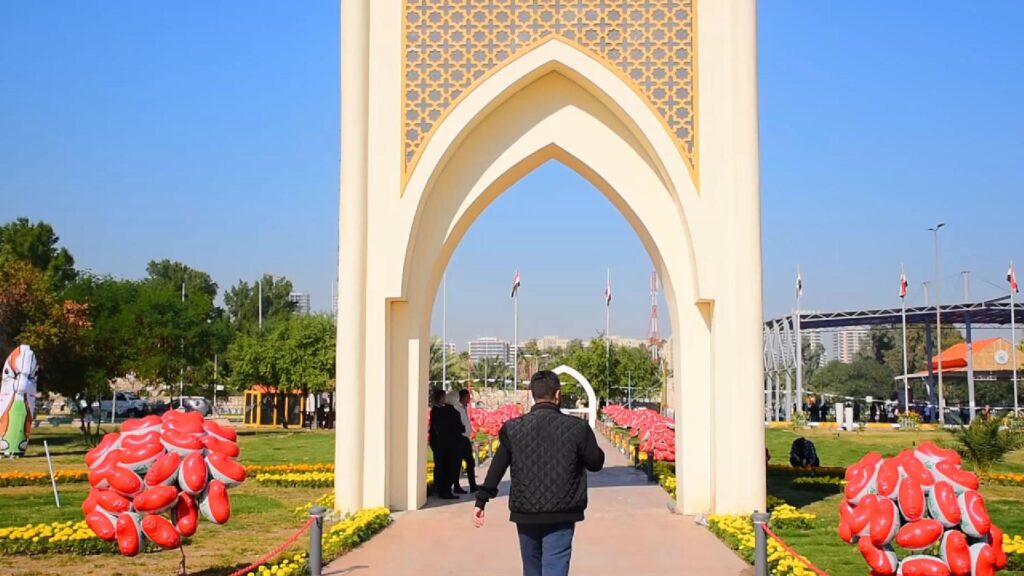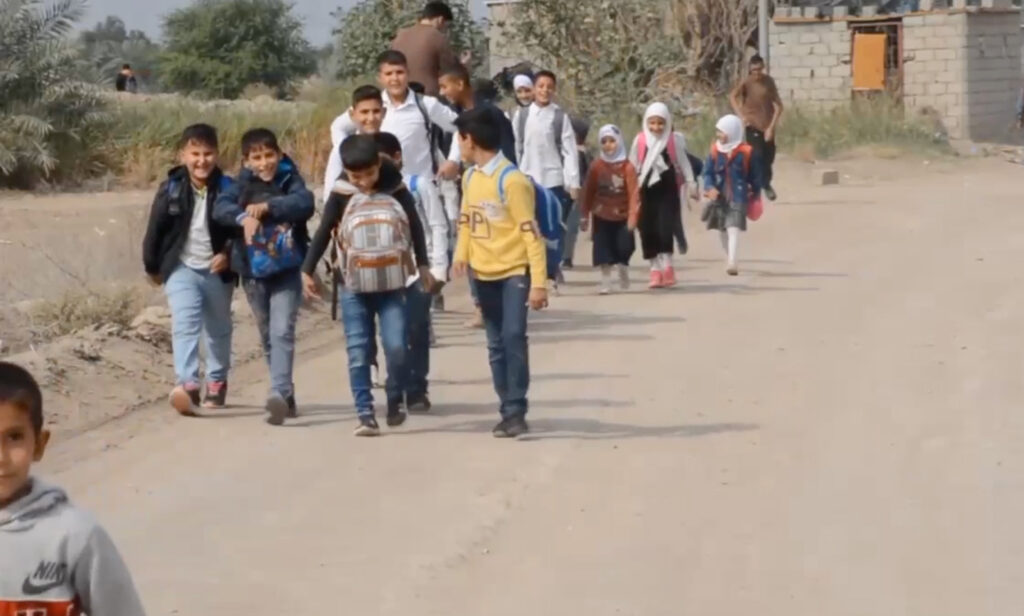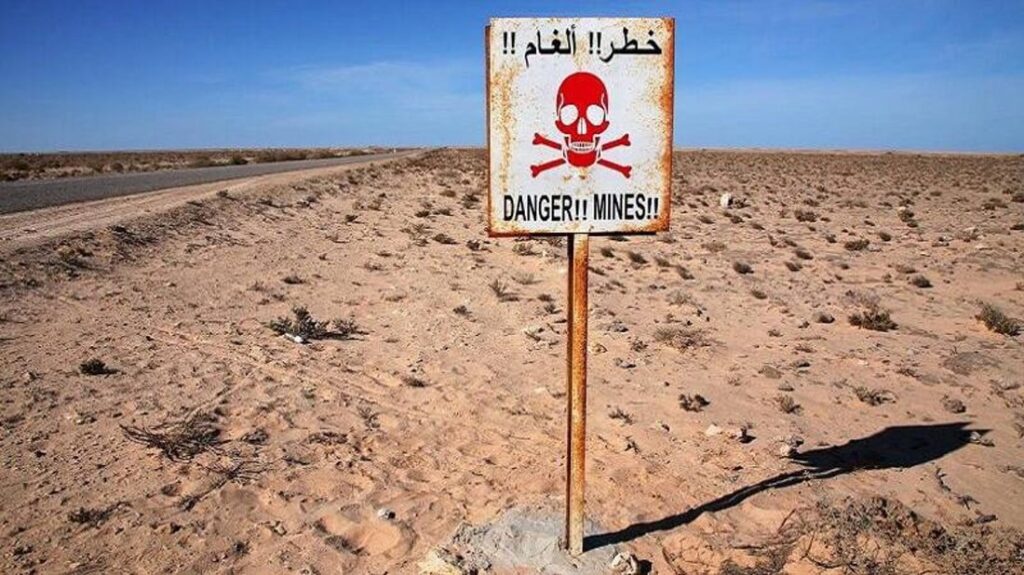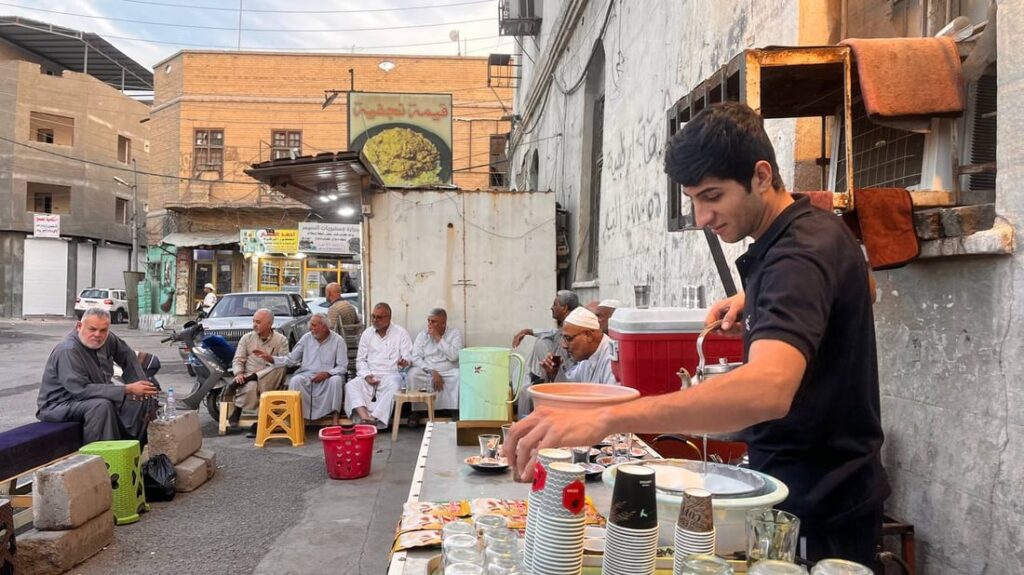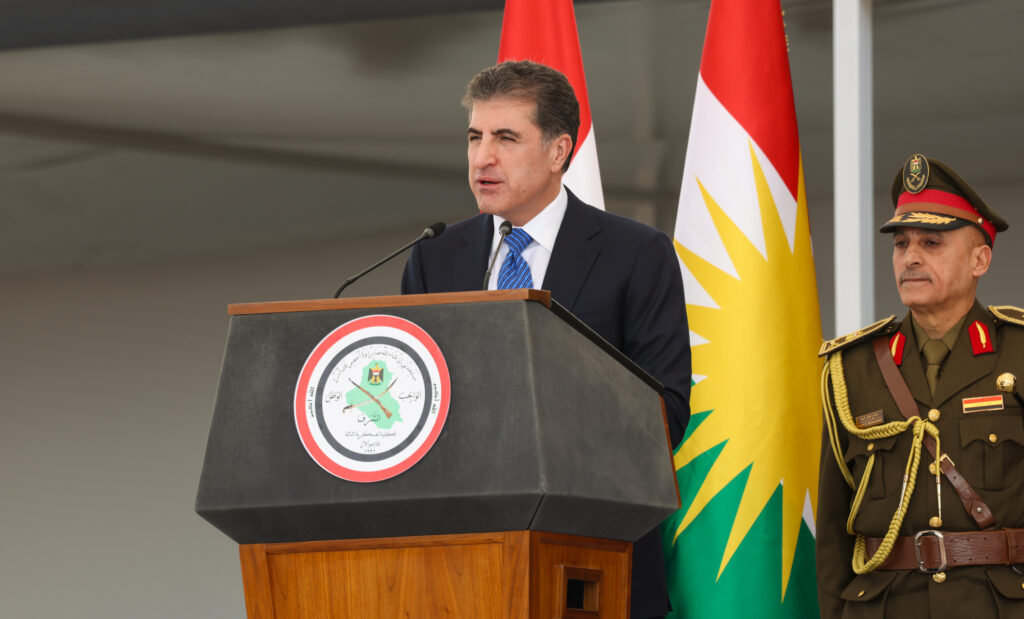Iraq: Human Security Survey: Kirkuk, Iraq — 2019 , Gender Security Dynamics
In April 2019, PAX and its local partner, the Iraqi Al-Amal Association, conducted the second round of the Human Security Survey (HSS) across all four districts of Kirkuk governorate to get a sense of the experiences of civilian populations on issues regarding protection, conflict and security dynamics, and how they change over time. The first HSS was conducted in 2017 and did not include Hawija district as it was still under Da’esh control. Due to security and access challenges, the HSS was also not conducted in 2018 in the governorate. (See below for more information about the project, and please visit our website for additional reports in this series.)
This report presents a summary of the findings in which the gendered dynamics of insecurity and conflict become specifically apparent, including the different ways in which women and men in Kirkuk experience and perceive security. The results detailed here are drawn from interviews with 320 women and 293 men. All differences between men and women shown in the report are generally statistically significant at a 95% confidence level unless otherwise stated. However, it is likely that some gendered differences may be understated given the sensitivities around such topics in the country. Conservative gender norms in the country can make it difficult to discuss issues pertaining to ‘family honour’; we therefore anticipate some level of underreporting of certain incidents, particularly sexual and gender-based violence (SGBV). PAX is currently testing out new methods to get quantitative data on the incidence of SGBV in a pilot project, the results of which are expected in mid-2020. Furthermore, it can be risky to openly express critical opinions on those in power, especially armed actors, thus increasing the potential for positive bias in how respondents reflect upon key security actors or the general security environment.


